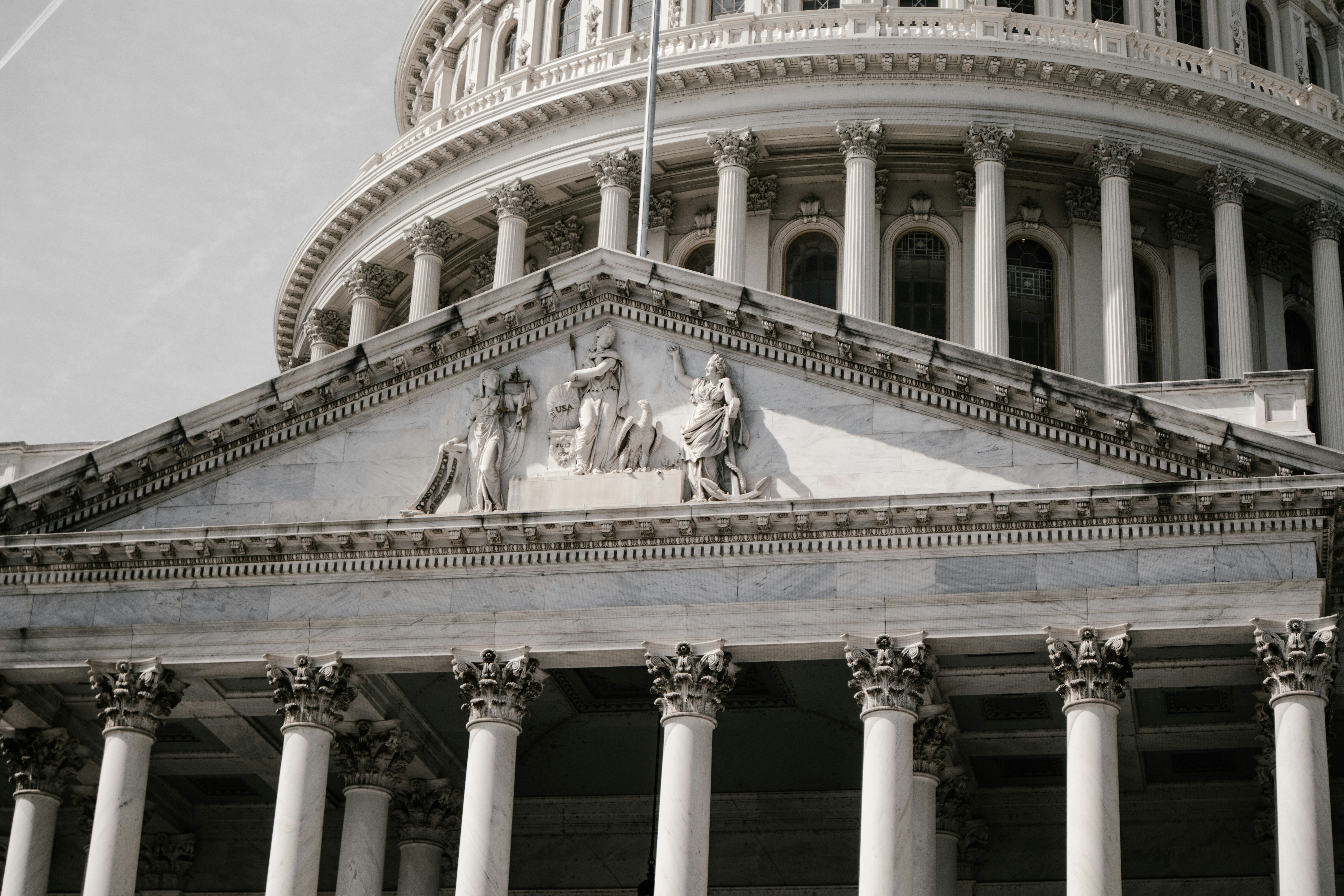President Donald Trump has been inaugurated as the 47th President of the United States. He is anticipated to enact a flurry of executive orders impacting the civil rights and civil liberties of people across the country, including immigrants, members of the LGBTQ+ community, and others. He has also pledged to quickly launch a mass deportation operation dubbed ‘Operation Aurora,’ in reference to Aurora, Colorado.
The following statement can be attributed to Deborah Richardson, ACLU of Colorado Executive Director:
“Since before the election, the ACLU of Colorado has been preparing for the possibility of a Project 2025 agenda that targets hard-won freedoms. Recent remarks from President Trump only double down on this plan. Just as he has pledged to be a ‘dictator’ on day one, however, we too are ready to make Colorado a firewall for freedom on day one.
“Already, we:
- Sued the Elizabeth School District over their partisan and politically motivated book ban.
- Warned all Colorado sheriffs and pretrial juvenile detention centers against overreach in federal immigration enforcement.
- Will continue to work with organizers, attorneys, elected officials, and ordinary people to prepare for and deter the most extreme pledges from the current administration.
“In this year’s legislative session, we look forward to protecting Coloradans from federal overreach and bad actors at the local level. Our agenda encompasses protecting the voting rights of every Coloradan, addressing the criminalization of missed court dates, and fighting against the surveillance of our children in K-12 schools.
“Throughout our more than 70-year-long history, during both Republican and Democratic administrations, we have been unwavering in our mission to protect and expand the civil rights and civil liberties of all people in our state. Our mission now remains as clear and as vital as ever.”
The ACLU of Colorado is a nonpartisan, nonprofit organization that does not endorse candidates.
Date
Monday, January 20, 2025 - 10:30amFeatured image

